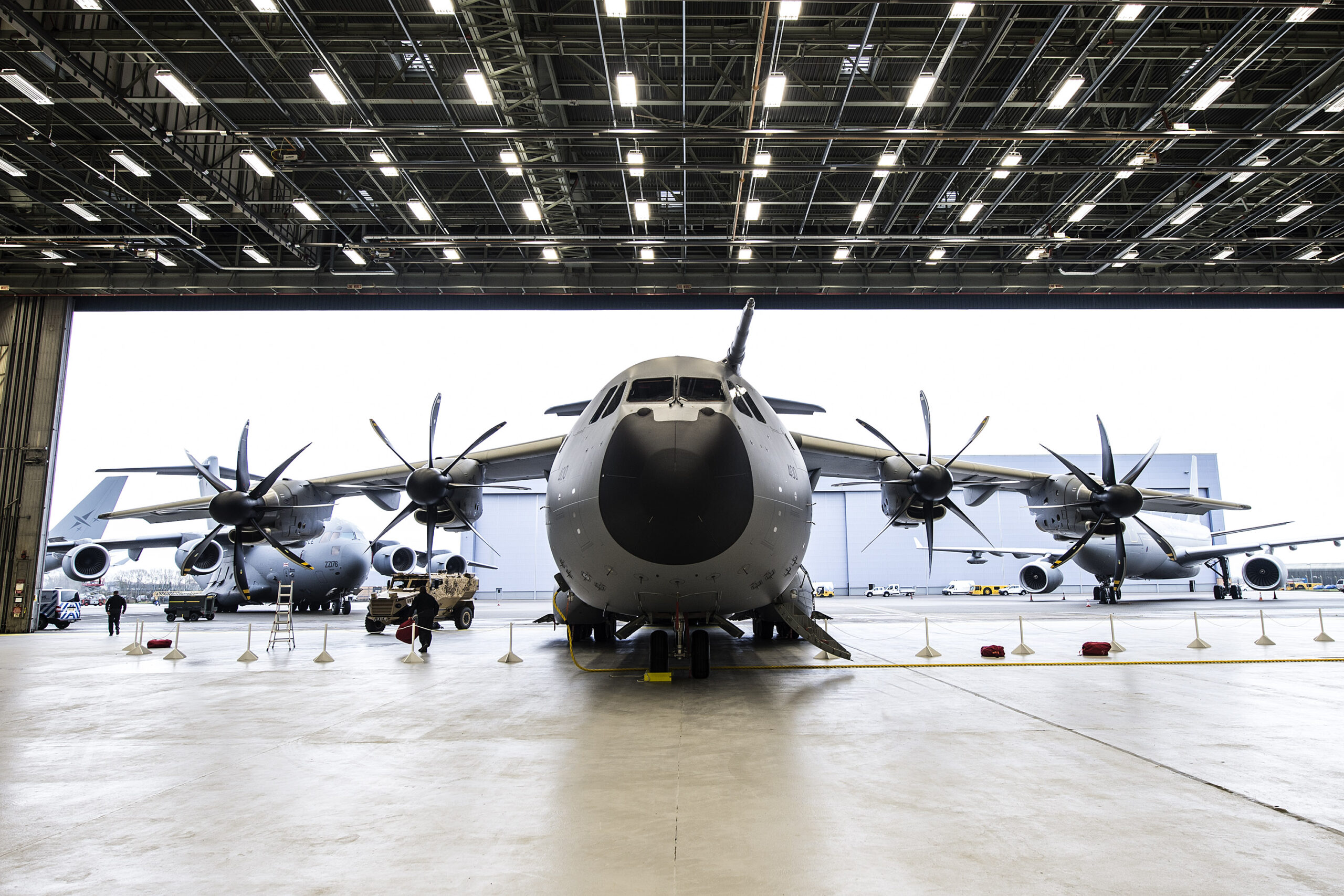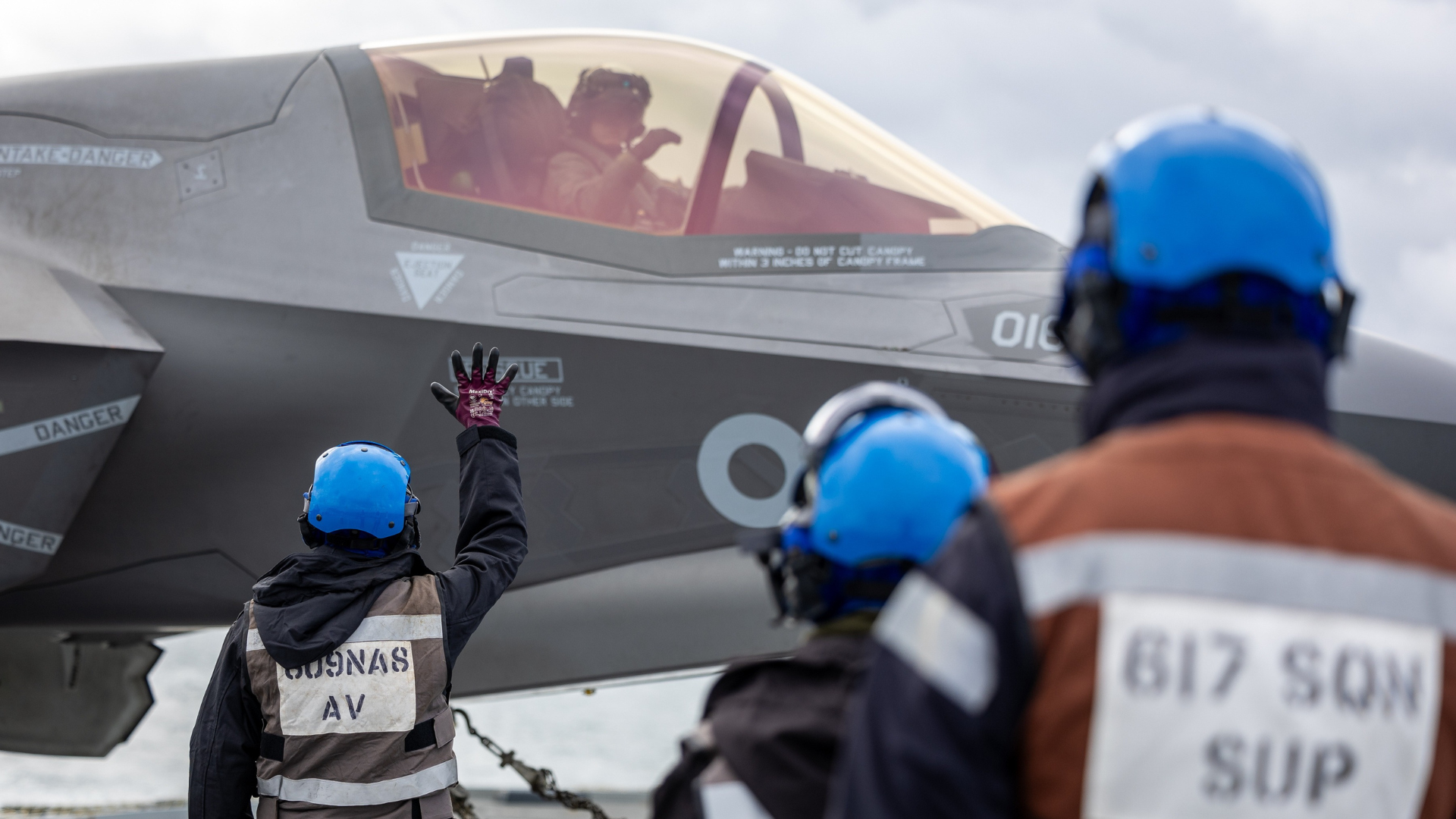
The second in our series looking at the information released through the Trade, Industry & Contracts 2018, released by the Office for National Statistics (ONS) and MoD, will be looking at contracting with Defence.
This is a broad topic that can cover issues of competitive vs non-competitive contracts, programme costs fluctuations, and trends of contracting with new suppliers. ADS works directly with the MoD to improve Defence contracting for our members; it is a world steeped in historical best and worst practice and programmes that span multiple decades, all of which are subject to the politics of the day and the ever-evolving threat landscape.
This year’s release shows a relatively unchanged scene from that of 2016/17. The current top 10 suppliers have consistently been the largest for the past 10 years; sharing between 37% to 42% of the total MoD spend between them.
Where there appears to be a noticeable shift is the balance between competitive and non-competitive contracting. Statistics for 2016/17 show competitive and non-competitive contracts accounting for 54% and 46% of payments made respectively. In 2017/18 these numbers slide to 42% and 35%. The eagle-eyed reader will note a missing 22% from the most recent stats. MoD describes this as ‘other’ spend.
Converting these percentages over to money spent, the numbers show that spend on competitive contracts rose from £9.6 billion to £10.3 billion, with non-competitive contracts also rising by £0.5 billion to £8.6 billion.
However, the numbers are only half the story. Annual statistics releases such as these help outline what kind of year it has been for industry, but do not show the more qualitative experiences of industry and MoD working on the large contractual and commercial issues in Defence.
As part of the Defence Industrial Policy Refresh and ongoing work of the Modernising Defence Programme commercial transformation and new approaches to contracting with industry are still front and centre of the minds of many within the MoD.
ADS has advocated for a change in commercial and procurement culture and will continue to do so. Making it easier to do business with defence is an often used statement when discussing SME engagement; however it should be a key concern for relationships with the larger suppliers as well.
As Brexit edges ever closer, UK companies continue to diversify and look for sustainable routes of business; traditional defence companies explore opportunities in national security, transport, and other civilian markets. Experiences here can often be easier than working with Defence, creating competition between customers.
MoD are addressing these challenges through changes to the Defence Suppliers Forum and Strategic Supplier Management process; two areas of work that ADS has supported.
It is critical that issues at the sharp end of the contracting process are addressed with equal vigour. overbearing contractual processes have historically hindered collaborative efforts to deploy capabilities in-theatre at the necessary pace or deliver efficient service provision.
Finding ways to ensure that the contractual process further enables the delivery of capability and innovation, and does not restrain it, should be a defining principle of the MoD’s procurement transformation.





